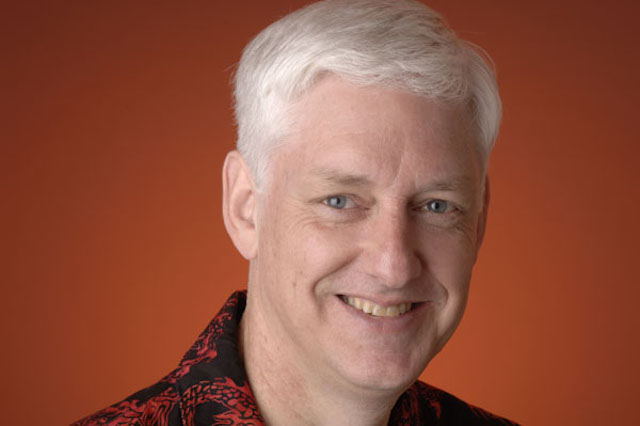Brand safety like the spam email problem that ‘snuck up on us’: Google’s AI research director
The problems plaguing online platforms including brand safety concerns and the proliferation of fake news have been compared to the spam email phenomenon which people were unprepared for by Google’s AI research director, but he is confident emerging technologies will ‘beat it back down’.
Peter Norvig, who established Google’s research division in 2000 after being recruited to the company from the NASA Ames Research Center, described how the company is addressing advertisers’ concerns about brand safety on YouTube.
“We’ve broken up videos into pieces and then look for pieces that match each other, we’ve used this technology before for copyright issues where we had to detect if this was owned by somebody else and if it’s an exact copy then that’s really easy.


